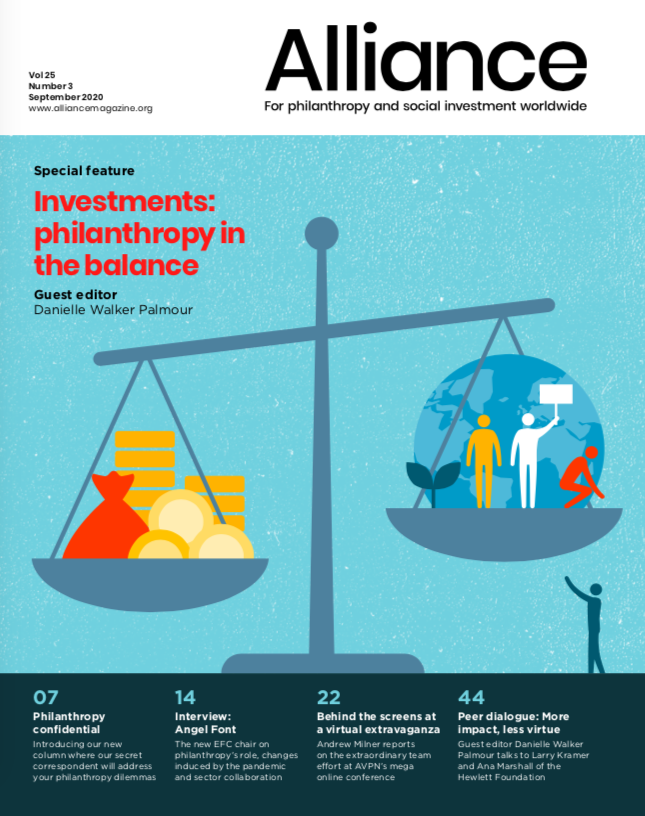Reviewed by David Cutler, Director at the Baring Foundation.
 Hugh Cunningham’s book sets itself the task of understanding what the slippery word ‘philanthropy’ means in the book’s timeframe, then uses the definition to see how it was regarded.
Hugh Cunningham’s book sets itself the task of understanding what the slippery word ‘philanthropy’ means in the book’s timeframe, then uses the definition to see how it was regarded.
It is largely in this second task that it differentiates itself from histories like Rhodri Davies’ Public Good by Private Means. Cunningham assesses the reputation of philanthropy principally through references in The Times, which feels like a limited lens. These references reach a high-watermark in the 1880s then decline markedly with the rise of the welfare state and become almost a trickle after the Second World War.
The book is also full of striking contemporary quotations; I especially enjoyed the more pithy comments of literary lions such as G B Shaw, Oscar Wilde and Virginia Woolf. Cunningham is especially interesting on Charles Dickens and philanthropy.
There are three main dimensions to the unfolding and contradictory story of philanthropy. The first is the degree to which it is associated with good works, service or social progress (John Howard and later, Toynbee Hall) or alternatively with giving money and, as time went by, in large sums (Carnegie or Nuffield). The second and related dimension is whether philanthropy is about universal goodwill (‘telescopic philanthropy’ as The Times memorably calls it), with dangerous whiffs not just of the Enlightenment but of the French Revolution, or whether philanthropists ought to be less concerned with abolishing the slave trade and more focused on the growing number of urban dispossessed at home. A third dimension which Cunningham tends to call ‘political economy’ is, again, a related argument as to whether the free market will create more good than interfering philanthropic busy-bodies or ‘employer philanthropy’.
I did get a bit tired of being confined to these shores, especially at times when it felt like most of the action was elsewhere, normally the US, and I may be unfair in saying that it feels as if some aspects of the history are shaped as much by Cunningham’s interests as by the flow of affairs. A whole chapter, for instance, is devoted to the prison reformer John Howard on the grounds that he was the embodiment of philanthropy to his 18th century contemporaries, and clearly most of the 20th century was less engaged with the subject of philanthropy than the Victorian period, but it also just feels as if the book rather runs out of steam.
Finally, Cunningham shows that nothing is new in philanthropy, whether it is calling it ‘New’ in the early 20th and 21st centuries, or the repeated invention of social impact investing (I found ‘5 per cent philanthropy’ for sub-market investments in homes for the working class in Victorian times much simpler to understand), or the centuries-old disenchantment of The Times itself with philanthropy and charity.
About the book:
Published by Manchester University Press
Price: £80 hardcover
ISBN: 978-1-5261-4638-0
To order: manchesteruniversitypress.co.uk






Comments (0)